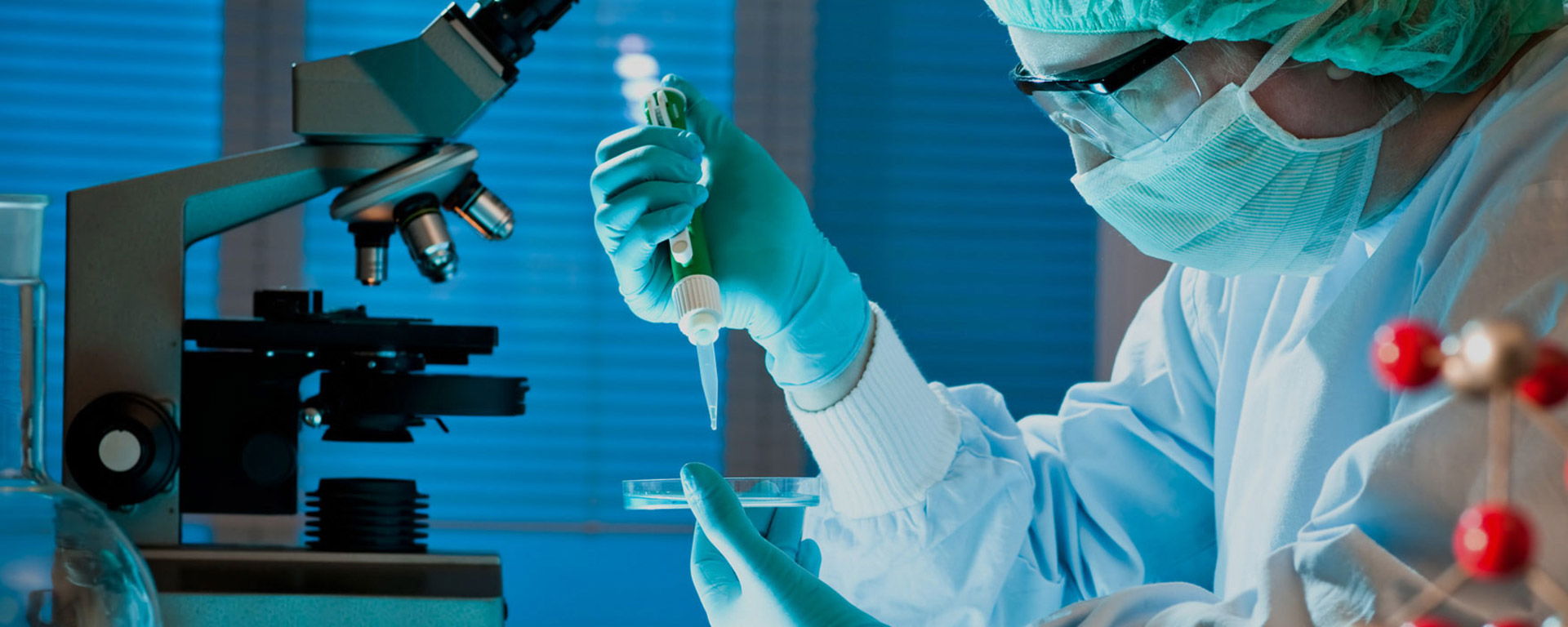
Professor of Public Health of the Department of Medicine of the University of Patras, Apostolos Vantarakis, was interviewed by Days of Art in Greece and spoke about the progress of science, the challenges it has to face and the potential of university institutions to respond to them. Does the future of human coexistence lie in holistic education?
Is our everyday life more protected against invisible microbial enemies?
What the Covid-19 epidemic has shown is that we are not protected and there are risks from emerging micro-organisms and zoonoses. We live today in a regime of significant movement of people and products worldwide so risks exist and can be addressed by better public health literacy of the population through continuous responsible information
Have public interventions in the form of chemical interventions brought visible results in a better quality of life?
If you mean antibiotics or other chemicals such as drugs, clearly they have improved our lives and have greatly improved life expectancy. In countries where there are none such as developing countries there is a much lower life expectancy. Of course, there must always be moderation in their use as we are leading to antibiotic-resistant microbes which are one of the major health problems.
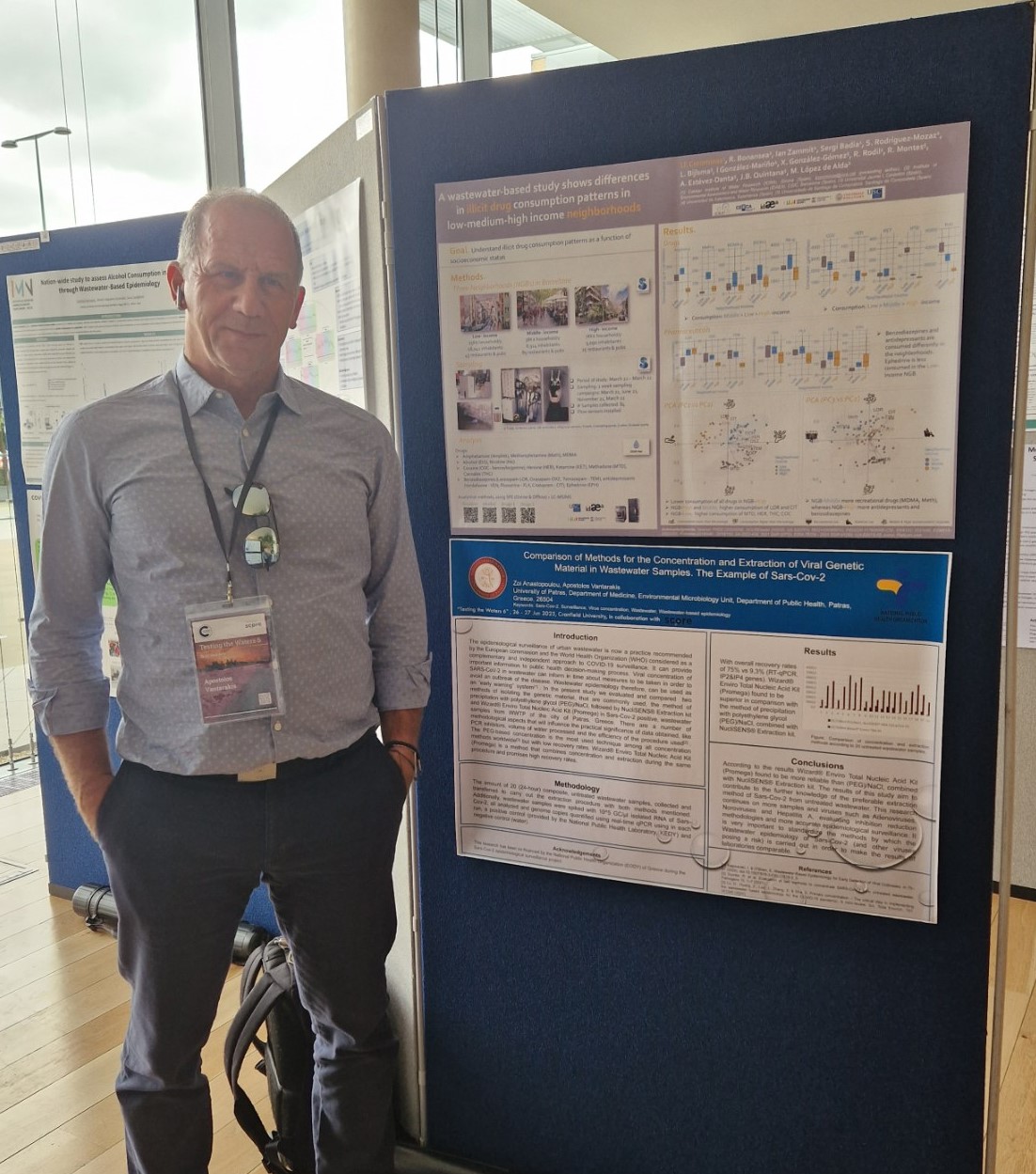
Apostolos Vantarakis: “The pandemic has shown us that we are not alone in the world and that health problems will persist, and can only be solved with cooperation between countries, calmness and good knowledge of the issues and Public Health.”
How much have the overall chemical treatment actions in all individual sectors of the economy society health, affected the microbial footprint in our daily lives?
As I said, they have clearly influenced it and have improved our lives. It is important that we make rational use in order not to drive the microbiome by evolutionary selection to become too resistant
As a country, we have come close to the desired actions in the field of public health. To what extent have migration and the pandemic set new protocols and what do we expect in relation to the phenomenon of climate change?
The migration issue has shown us that we have to look at it from a more holistic perspective and of course it cannot only concern Greece as it is a European problem. What Greece can do is to ensure good conditions for the migrants, which, by ensuring them, will also provide better health protection for the local population. The pandemic has shown us that we are not alone in the world and that health problems will exist, and can only be solved through cooperation between countries, calmness and good knowledge of the issues and public health.
What are the consequences and the necessity of taking measures in relation to the tourist product that our country invests in and the expected increase in the movement of populations for recreational purposes?
Our country as a tourist country faces a tourist population that more than doubles our population every year. This fact requires planning, clear health policies, investment in the health sector and of course an organised preventive plan to accommodate such a large number of visitors. As the tourism product is important for our country, it should invest in the health sector to be able to cater for this entire population.
In the field of education are there enough scientific staff to cover the current and expected needs in our country?
In the higher education I serve, the scientific staff is very limited. We are one of the European countries with a very low ratio of professors to students. Our country should immediately support the higher education sector with new staff.
You think that artificial intelligence (AI) could contribute effectively to your own scientific field? And if so, what exactly is it that we could expect?
It is already being used intensively in our laboratory. It is used for epidemiological purposes and epidemic prediction models. I believe that the development in this area of public health will be particularly important. In the laboratory, we study using AI for risk assessment of various environmental parameters affecting health.
How likely do you think a germ warfare is in the future? Have we previously faced such attacks in world history?
I believe that humanity will not go ahead with the use of microbial agents for war purposes. If by war we mean the increase and spread of zoonoses, this has mainly to do with the prevention procedures that must be in place. I think it is more likely that we are at risk from other forms of war, such as nuclear war, electronic warfare (cyber attacks, etc.).
And a more personal question. Where are you from? Why did you get into this field professionally? Tell us a book and a piece of art that was important to you and perhaps gave you a life path.
I come from Patras. It is particularly important for me to contribute to something that the World Health Organization said in 1946 and we have forgotten: According to the definition set out in the statutes of WHO (1946) health is “the state of complete physical, mental and social well-being and not merely the absence of disease or disability». Τherefore, the concept of health is not only attributed by medicine, but also from factors like environment, economy, job e.t.c.
Book: “Jonathan Livingston Seagull” by Richard Bach. A book that, in my opinion, all children should read. The book talks about the process of recognition and appreciation. It encourages us to discover ourselves. To find our passion, what makes us feel proud. The book talks about the difficulty we have in breaking some invisible psychological bonds. It shows us the power of faith and passion, with the help of which we can change on a personal and collective level.
Work of art: Klimt’s Medicine, where Klimt painted the unity of life and death


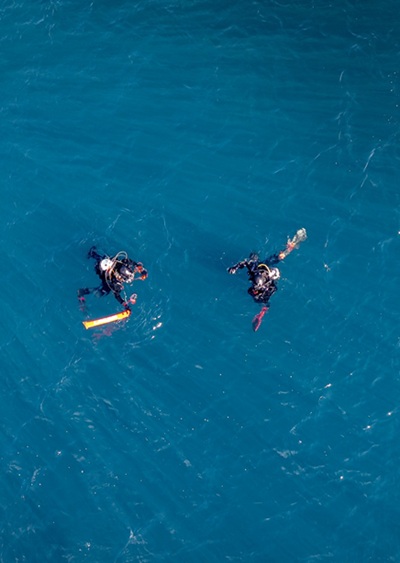
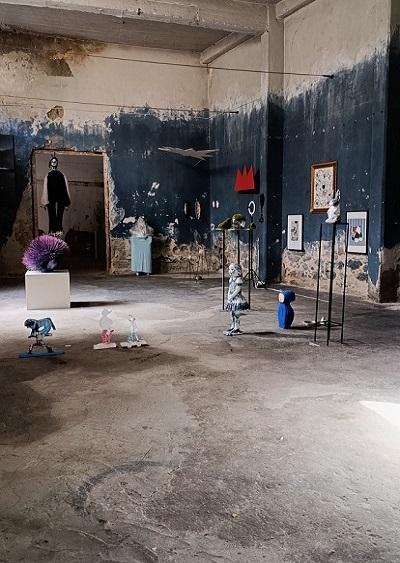
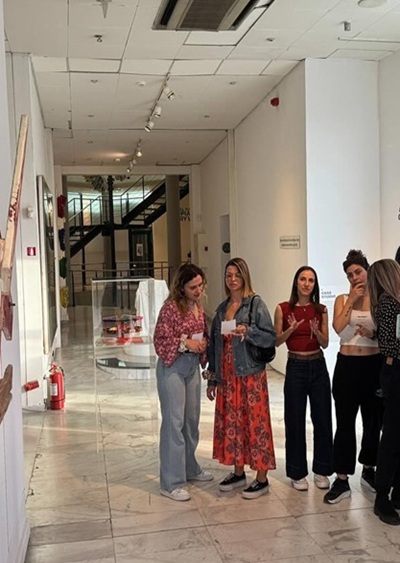


Leave A Comment